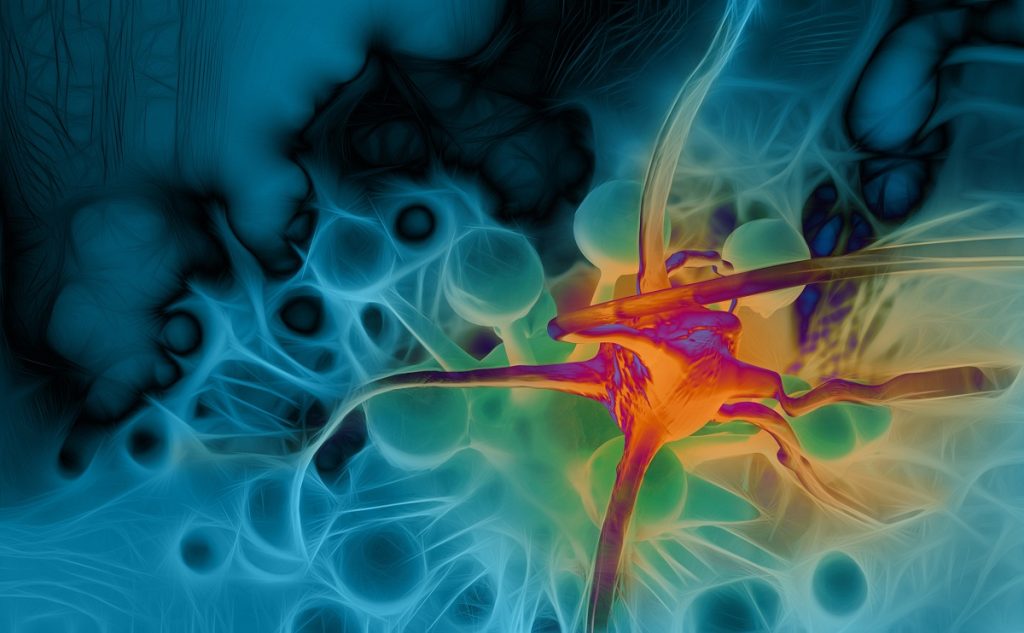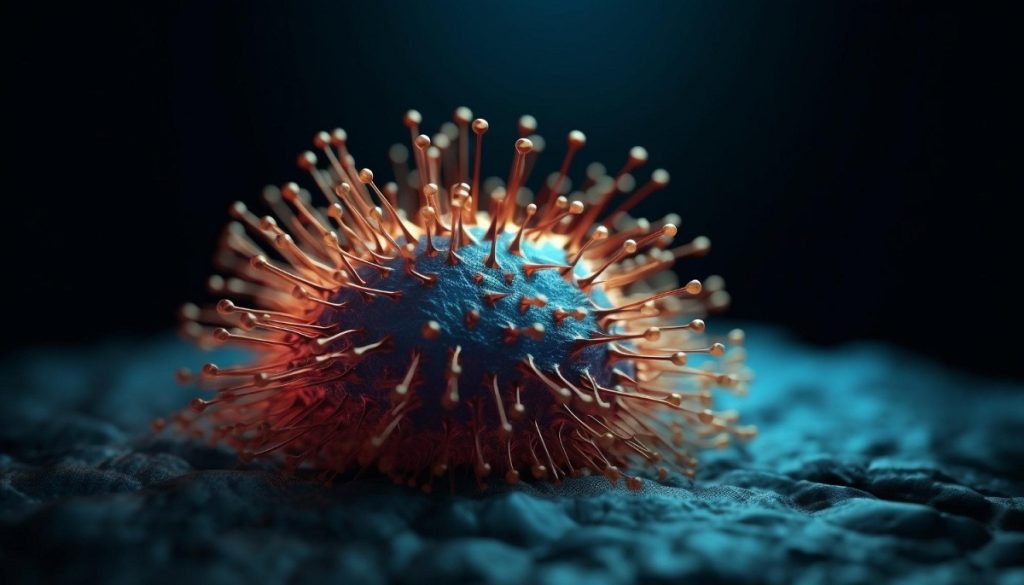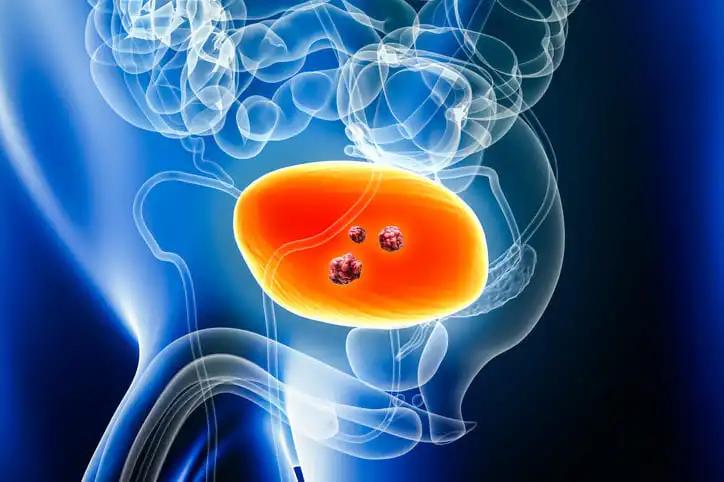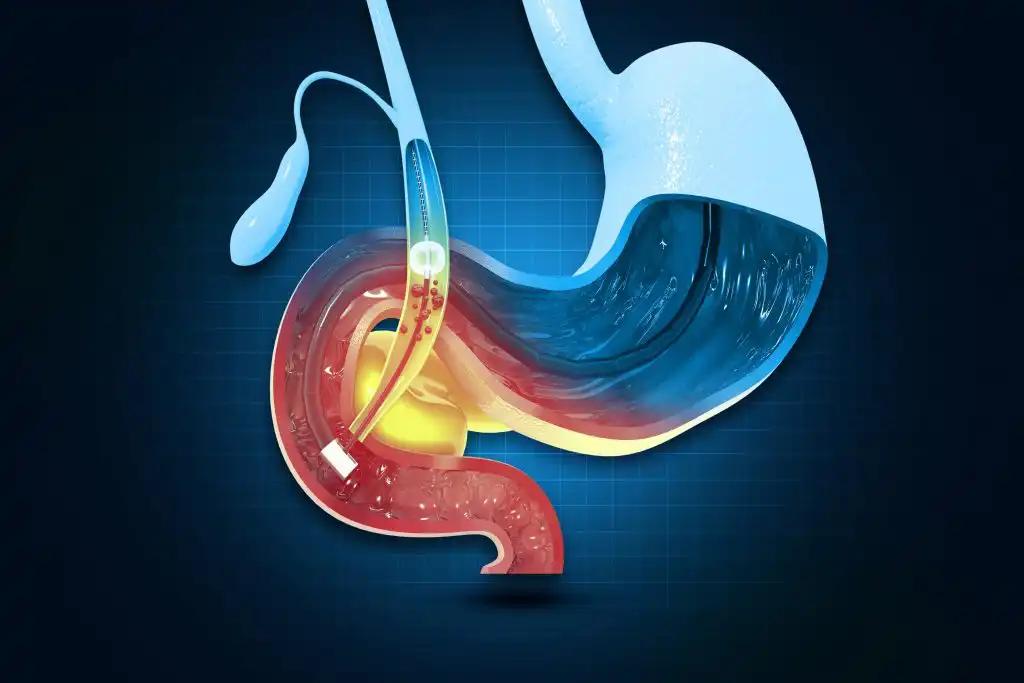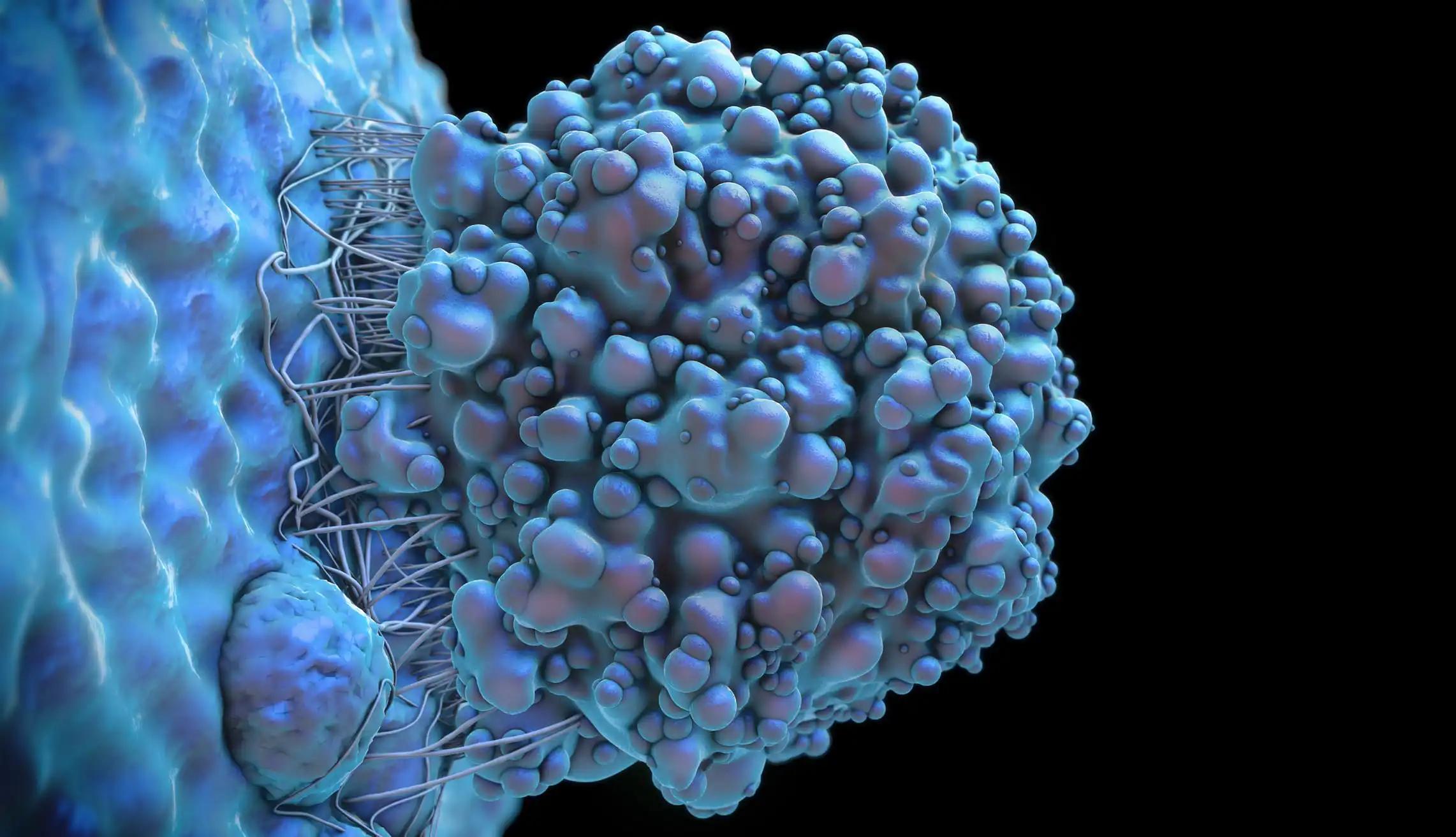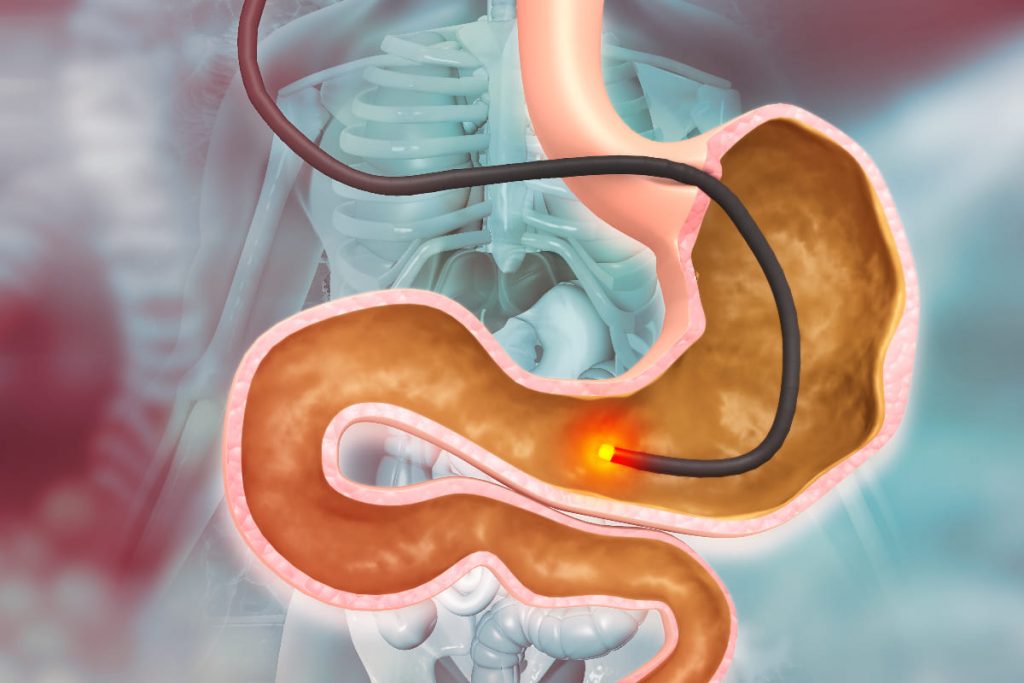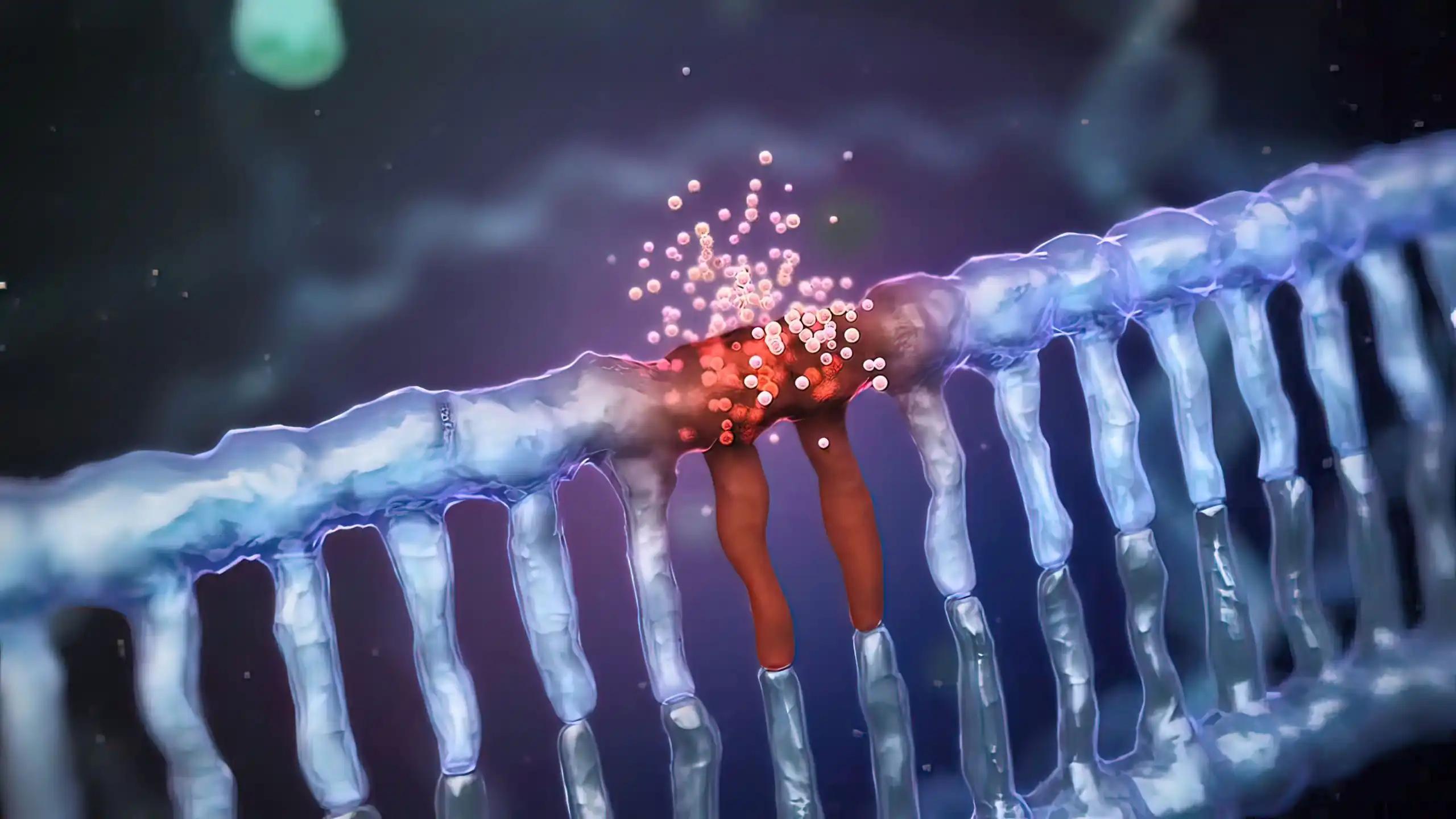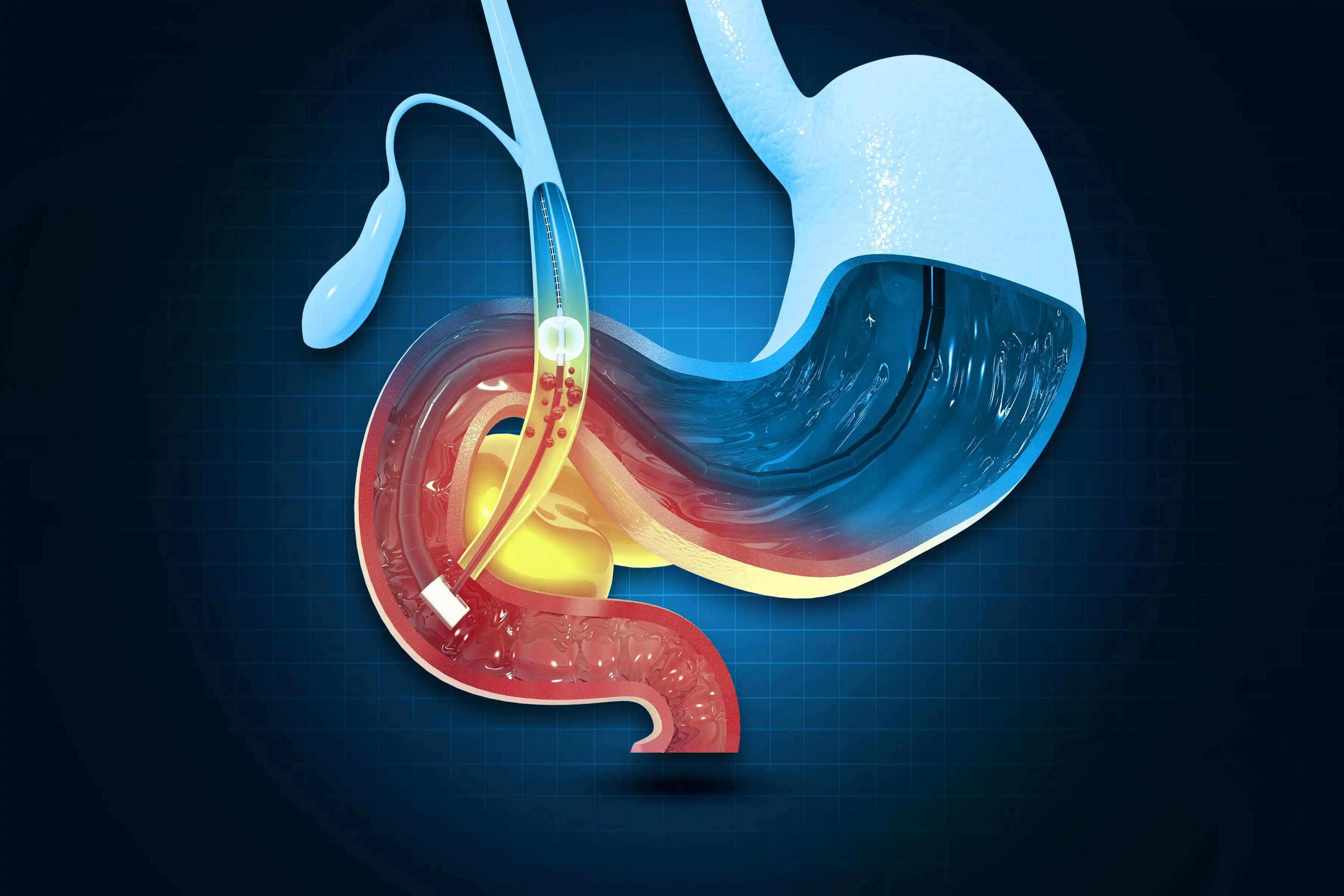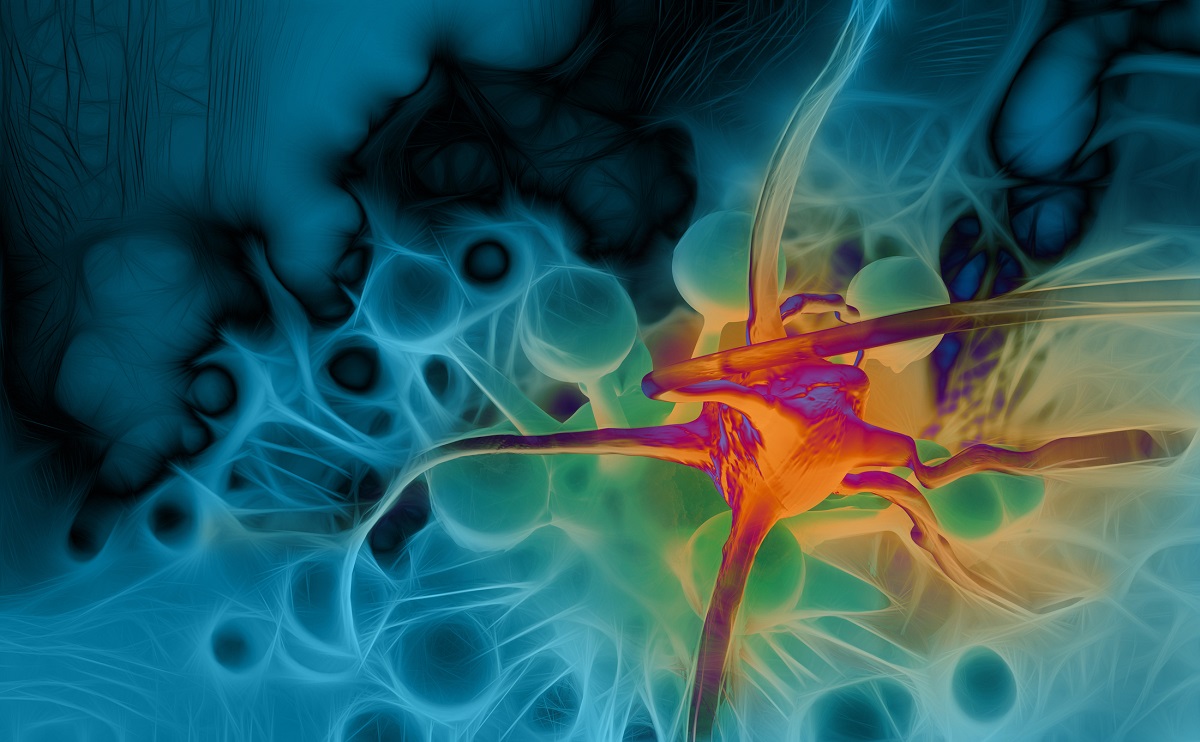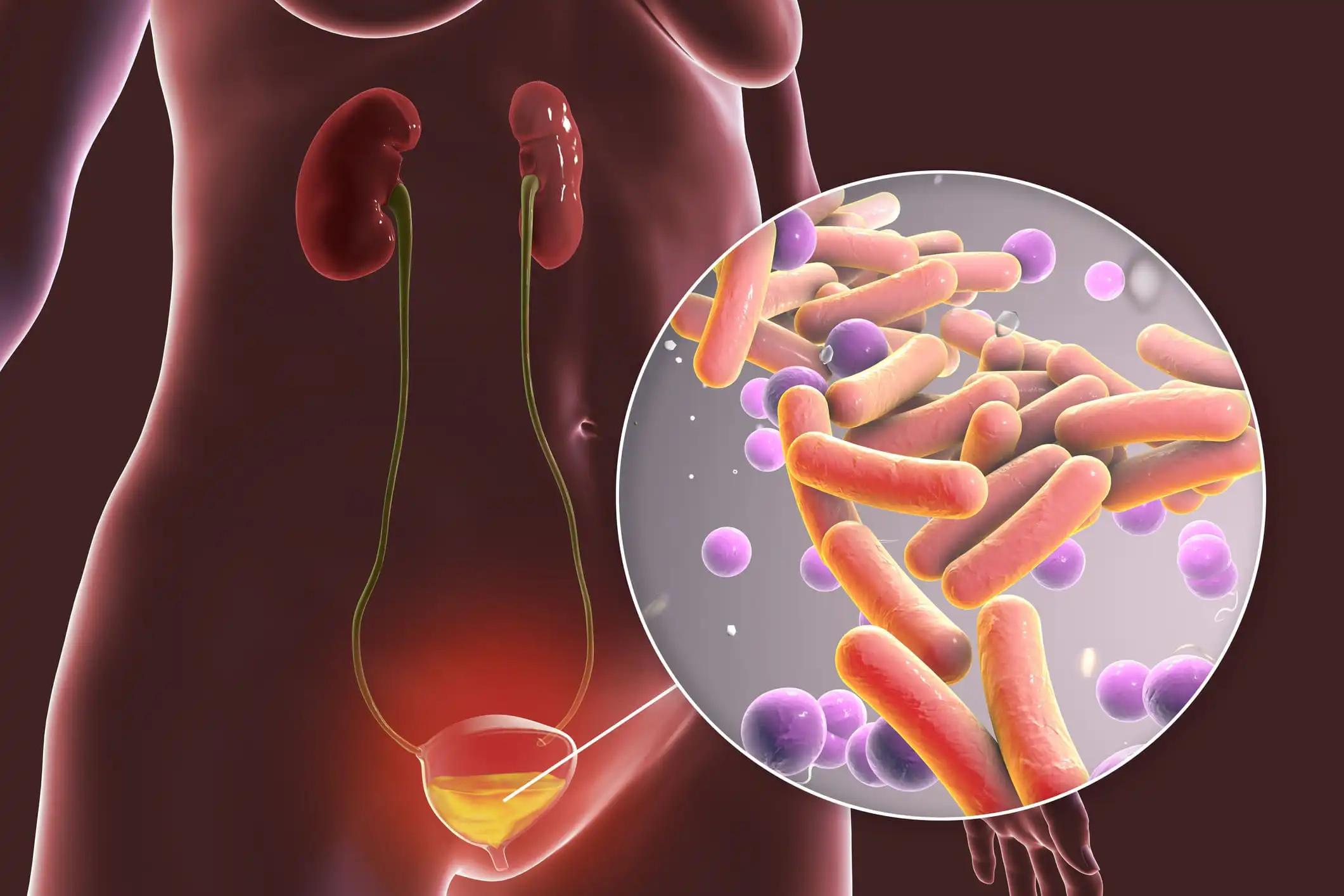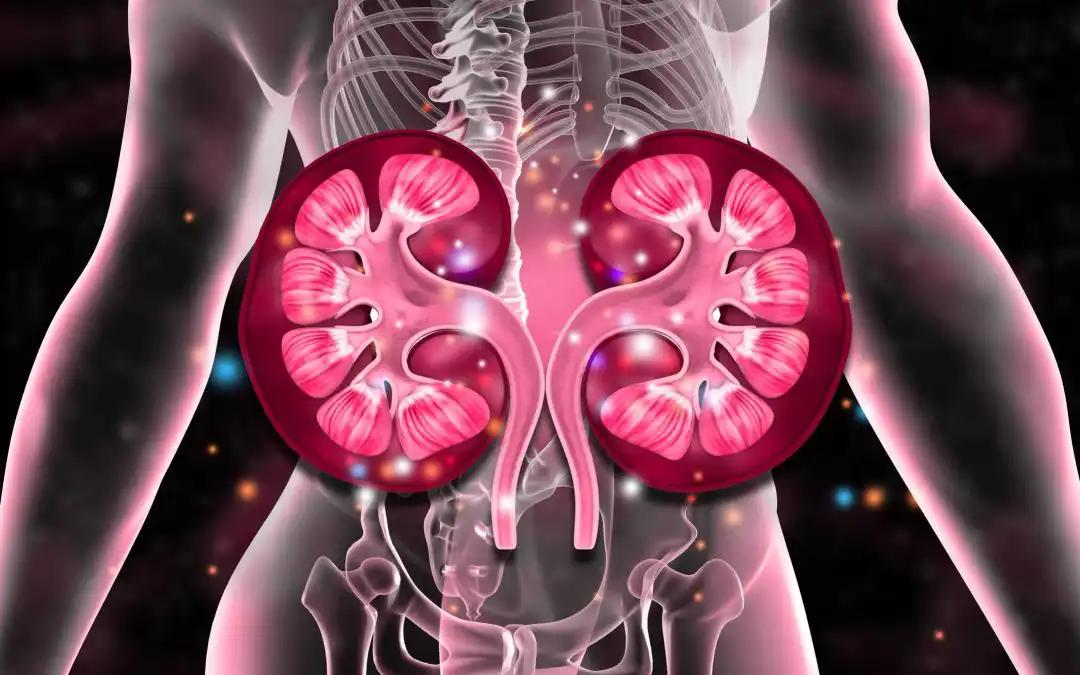Bladder Cancer
Relevant Articles About Bladder Cancer Research and Clinical Trials
Stories to Watch
OncWeekly Featured Trials
A Study of TAR-200 in Combination With Cetrelimab, TAR-200 Alone, or Cetrelimab Alone in Participants With Non-Muscle Invasive Bladder Cancer (NMIBC) Unresponsive to Intravesical Bacillus Calmette-Guérin Who Are Ineligible for or Elected Not to Undergo Radical Cystectomy
LATEST
Sign up for our emails
Trusted insights straight to your inbox and get the latest updates from OncWeekly
Newsletter
Privacy Policy
Positive Outcomes: Intraoperative PDT Enhances Cancer Treatment
KEY TAKEAWAYS The INDYGO trial aimed to provide patients with updated exploratory analyses on OS, PFS, and HRQOL. The study concluded that intraoperative PDT alongside surgical excision and standard adjuvant therapy improved outcomes. Despite optimal multimodal...
Efficacy and Safety Of NAIT in GEJC
KEY TAKEAWAYS The study aimed to investigate the efficacy and safety of NAIT in patients with GEJC. Researchers noticed the efficacy of NAIT in resectable GEJC alongside an acceptable toxicity profile; further investigation is ongoing. In recent years, neoadjuvant...
Overlapping Ages: Pregnancy & Breast Cancer Awareness
KEY TAKEAWAYS The study aimed to compare populations with differing childbirth ages to assess breast cancer and childbearing age overlap. The study emphasized increased awareness for women to make informed choices about delayed childbearing and cancer prevention....
Neoadjuvant Nivolumab + Ipilimumab in UTUC: Updated Results
The study aimed to present the updated result on efficacy of neoadjuvant N + I in cisplatin-ineligible patients with UTUC. The primary endpoint …
Gemcitabine/Cisplatin ± Berzosertib in mUC: Extended Follow-up
The phase 2 trial aimed to investigate the efficacy of adding berzosertib to gemcitabine and cisplatin in patients with mUC. The primary endpoint …
EV+ Cabo in mUC: Safe and Tolerable
The phase 1 trial aimed to investigate the safety and preliminary efficacy of combining cabo with EV in patients with mUC. The primary …
SELECT ONCOLOGY JOURNAL ARTICLES
Comprehensive profiling of cancer neoantigens from aberrant RNA splicing
Background Cancer neoantigens arise from protein-altering somatic mutations in tumor and rank among the most promising next-generation immuno-oncology agents when used in combination with immune checkpoint inhibitors. We previously developed a computational framework, REAL-neo, for identification, …
Development and interpretation of a pathomics-driven ensemble model for predicting the response to immunotherapy in gastric cancer
Background Only a subset of patients with gastric cancer experience long-term benefits from immune checkpoint inhibitors (ICIs). Currently, there is a deficiency in precise predictive biomarkers for ICI efficacy. The aim of this study was to …
Safety and biological outcomes following a phase 1 trial of GD2-specific CAR-T cells in patients with GD2-positive metastatic melanoma and other solid cancers
Background Chimeric antigen receptor (CAR) T cell therapies specific for the CD19 and B-cell maturation antigen have become an approved standard of care worldwide for relapsed and refractory B-cell malignancies. If CAR-T cell therapy for non-hematological …
Colorectal cancer-specific IFN{beta} delivery overcomes dysfunctional dsRNA-mediated type I interferon signaling to increase the abscopal effect of radiotherapy
Background Cancer-intrinsic type I interferon (IFN-I) production triggered by radiotherapy (RT) is mainly dependent on cytosolic double-stranded DNA (dsDNA)-mediated cGAS/STING signaling and increases cancer immunogenicity and enhances the antitumor immune response to increase therapeutic efficacy. However, …



